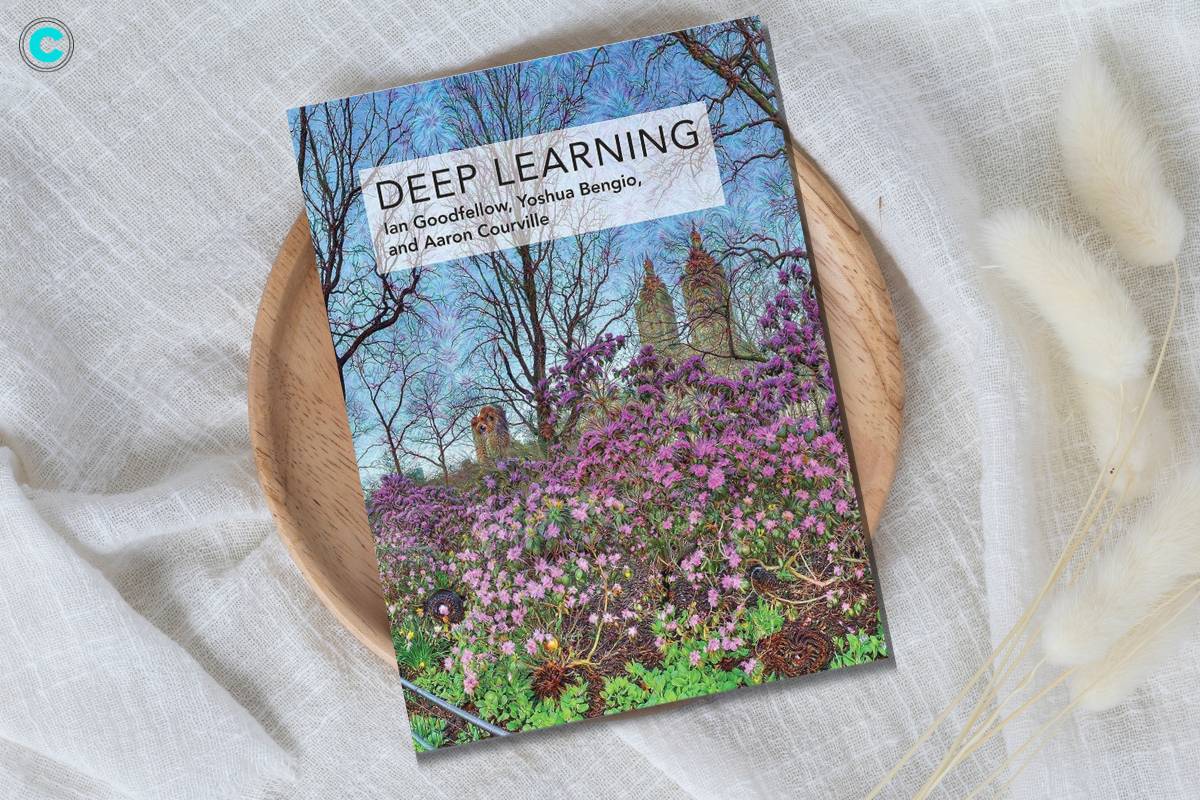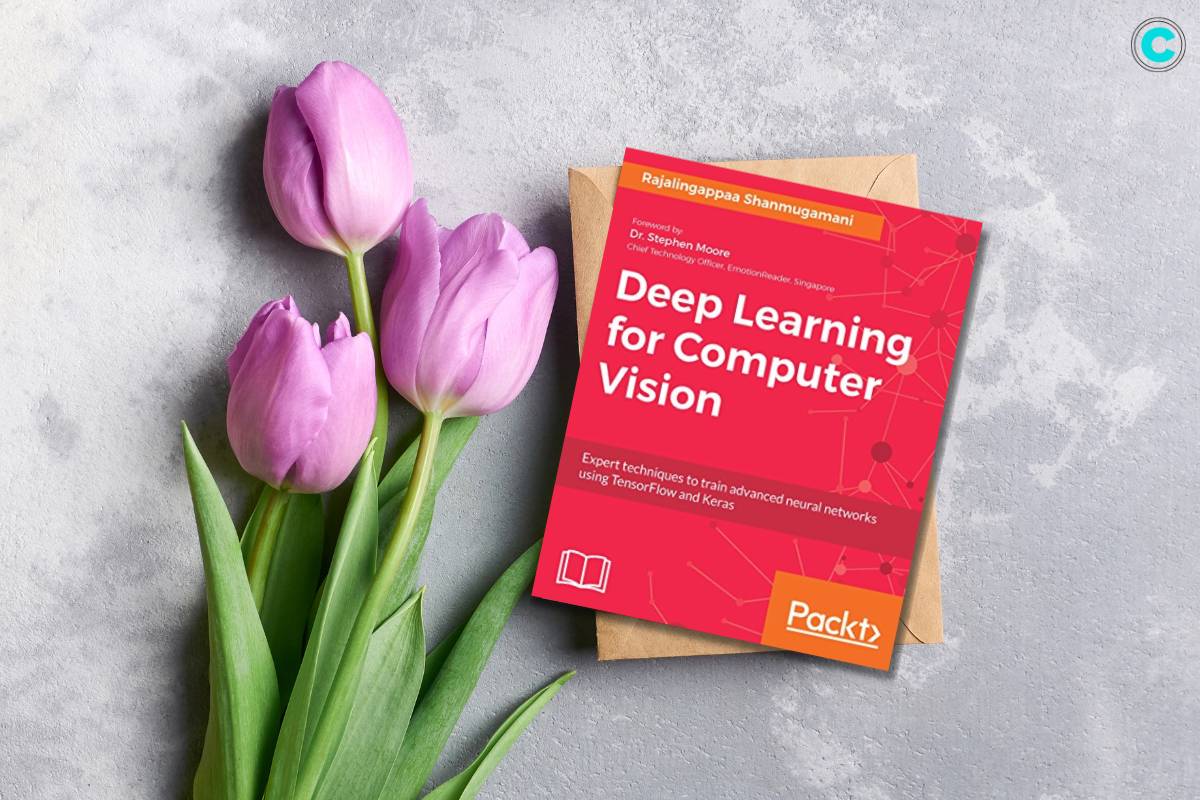In the realm of artificial intelligence (AI), deep machine learning stands out as a powerful subset, enabling systems to learn from vast amounts of data and make complex decisions with remarkable accuracy. For enthusiasts, professionals, and students eager to delve deeper into this fascinating field, a plethora of books offer invaluable insights, techniques, and practical knowledge. In this article, we’ll explore the world of deep machine learning books, highlighting key resources, must-read titles, and frequently asked questions to help you navigate your journey to mastery.
Unveiling the Deep Machine Learning Book Landscape
Defining Deep Machine Learning Books

Deep machine learning books are authoritative resources that delve into the theory, algorithms, and applications of deep learning techniques. These books cater to a wide range of audiences, from beginners seeking foundational knowledge to seasoned practitioners aiming to stay abreast of the latest advancements and methodologies in the field.
Key Features of Deep Machine Learning Books
- Comprehensive Coverage: They typically provide comprehensive coverage of fundamental concepts, advanced algorithms, and real-world applications of deep learning. They offer a structured approach to understanding complex topics, making them accessible to readers with varying levels of expertise.
- Hands-On Exercises: Many books include practical exercises, coding examples, and case studies to reinforce learning and facilitate hands-on experience with implementing deep learning algorithms. These exercises enable readers to apply theoretical concepts to real-world problems, enhancing comprehension and skill development.
- Cutting-Edge Research: Leading books often feature contributions from renowned researchers and practitioners in the field, providing insights into the latest research findings, innovative techniques, and emerging trends in deep learning. These books serve as valuable resources for staying updated on the forefront of AI research and innovation.
Must-Read Deep Machine Learning Books
1. “Deep Learning” by Ian Goodfellow, Yoshua Bengio, and Aaron Courville

Regarded as a seminal work in the field, “Deep Learning” offers a comprehensive introduction to deep learning techniques, covering topics such as neural networks, convolutional networks, recurrent networks, and generative models. With clear explanations and practical examples, this book serves as an essential resource for both beginners and experienced practitioners.
2. “Hands-On Machine Learning with Scikit-Learn, Keras, and TensorFlow” by Aurélien Géron
This practical guide provides a hands-on approach to machine learning and deep learning using popular Python libraries such as Scikit-Learn, Keras, and TensorFlow. With a focus on practical applications and real-world projects, this book equips readers with the skills and tools needed to build and deploy machine learning models effectively.
3. “Deep Reinforcement Learning Hands-On” by Maxim Lapan
For readers interested in reinforcement learning and its applications, “Deep Reinforcement Learning Hands-On” offers a comprehensive guide to understanding and implementing deep reinforcement learning algorithms. From basics to advanced techniques, this book covers key concepts, algorithms, and best practices in reinforcement learning, with practical examples and exercises.
4. “Neural Networks and Deep Learning: A Textbook” by Charu C. Aggarwal
Written by a leading expert in the field, this textbook provides a comprehensive overview of neural networks and deep learning techniques. With a focus on theoretical foundations, algorithmic principles, and practical applications, this book serves as an invaluable resource for students, researchers, and practitioners seeking a deeper understanding of neural network models and architectures.
5. “Deep Learning for Computer Vision” by Rajalingappaa Shanmugamani

This book explores the intersection of deep learning and computer vision, offering insights into state-of-the-art techniques and methodologies for visual recognition, object detection, image segmentation, and more. With practical examples and case studies, this book equips readers with the knowledge and skills needed to tackle challenging computer vision tasks using deep learning approaches.
FAQs (Frequently Asked Questions)
1. What are deep machine learning books?
Deep machine learning books are authoritative resources that delve into the theory, algorithms, and applications of deep learning techniques. These books provide comprehensive coverage of fundamental concepts, practical examples, and cutting-edge research in the field of deep learning.
2. Who are deep machine learning books suitable for?
These books are suitable for a wide range of audiences, including students, researchers, educators, and practitioners interested in deep learning and artificial intelligence. Whether you’re a beginner seeking foundational knowledge or an experienced practitioner exploring advanced topics, there are deep learning books tailored to your needs.
3. What topics do deep machine learning books cover?
They cover a broad spectrum of topics, including neural networks, convolutional networks, recurrent networks, generative models, reinforcement learning, computer vision, natural language processing, and more. These books provide insights into theoretical concepts, practical algorithms, and real-world applications of deep learning techniques.
4. How can I choose the right deep machine learning book for me?
When selecting a deep machine learning book, consider your level of expertise, learning objectives, and areas of interest within the field of deep learning. Look for books that offer clear explanations, practical examples, and coverage of topics relevant to your goals and aspirations in AI.
5. Are there any prerequisites for studying deep machine learning books?
While some deep machine learning books may assume basic knowledge of mathematics, statistics, and programming, many resources cater to beginners and provide introductory chapters or appendices covering essential concepts. Depending on the book’s focus and level of depth, familiarity with linear algebra, calculus, probability theory, and Python programming may be beneficial.
In conclusion, deep machine learning books serve as indispensable resources for individuals seeking to deepen their understanding of advanced AI techniques and methodologies. With comprehensive coverage, practical examples, and insights from leading experts, these books offer invaluable guidance and inspiration for mastering the intricacies of deep learning. Whether you’re a student, researcher, or practitioner, the world of deep machine learning books awaits, offering endless opportunities for exploration, discovery, and innovation in the dynamic field of artificial intelligence.






